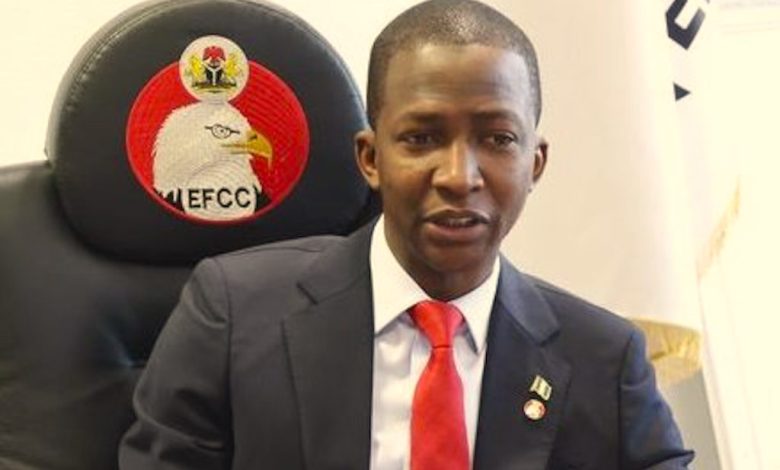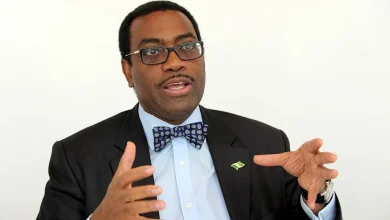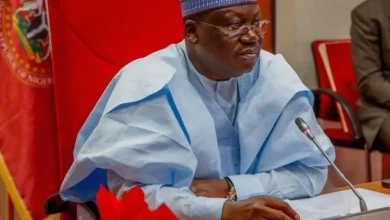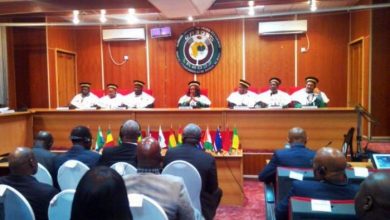Former EFCC Chairman Bawa Exposes $450 Million Loss to Petrol Subsidy Fraud

According to Abdulrasheed Bawa, the former chairman of the Economic and Financial Crimes Commission (EFCC), Nigeria lost $450 million as a result of fraud involving the Petroleum Support Fund (PSF) between 2006 and 2012.
According to reports, Bawa revealed the information in his recently published book, “The Shadow of Loot & Losses: Uncovering Nigeria’s Petroleum Subsidy Fraud,” which details the systemic corruption that afflicted Nigeria’s gasoline subsidy system.
According to the former head of the EFCC, who oversaw a special investigation team while he was employed by the agency, a number of oil marketers were found guilty and were later charged.
Bawa also shed light on Nigeria’s overall cost of subsidies, calculating that since the return to democratic governance in 1999, the nation had spent about ₦16.5 trillion on fuel subsidies.
“As acknowledged by the oil marketing companies involved, our investigations showed that fraud related to petroleum subsidies exceeded N68 billion, which translates to over $450 million in direct fraudulent activities,” he stated. Out of the 141 businesses that took part in the PSF scam between 2006 and 2011, 59 were involved in this fraud. Additionally, Bawa said, “We discovered false claims totaling ₦19.6 billion on matters concerning traders (sellers), of which the oil marketing companies denied any knowledge.”
Read Also: Eid-el-Kabir: PDP Issues Demands to Tinubu
In order to obtain larger subsidy payments, oil marketing companies sought to defraud N9.4 billion by forging documents to match the mother vessel bills of lading’s changed dates. These modified bill of lading dates were not used in the end, though, because of unforeseen circumstances in the guidelines’ implementation.
It’s interesting to see that no violations were reported in 2006 or 2007. However, we discovered substantial fraud in 2008, 2009, and 2010 that totaled ₦11.5 billion, ₦4.88 billion, and ₦10.3 billion, respectively. In 2011, we discovered fraudulent actions totaling ₦41.7 billion, which I consider to be the peak time of fuel subsidy theft. Approximately 80% of the ₦68 billion that was lost to fraudulent schemes has been recovered. The money that has not been retrieved is linked to cases that are still pending in court or to promoters who have since passed away.
These direct revenue losses, in addition to numerous other unreported sums and indirect revenue losses, might have been utilized to fund social welfare programs, infrastructure improvements, and necessary public services. Unfortunately, the misuse of public funds has made the fiscal deficit worse, leading to budget cuts in vital areas like social assistance, healthcare, and education.
The financial records of subsidy payments under several administrations since Nigeria’s restoration to democracy in 1999 are shown in Table 6.1. In the last 25 years of democratic rule, Nigeria has spent an astounding 16.5 trillion naira on subsidies.
Bawa went on to say that theft from the national treasury and fraudulent claims were responsible for a “substantial portion of the expenditure.”





